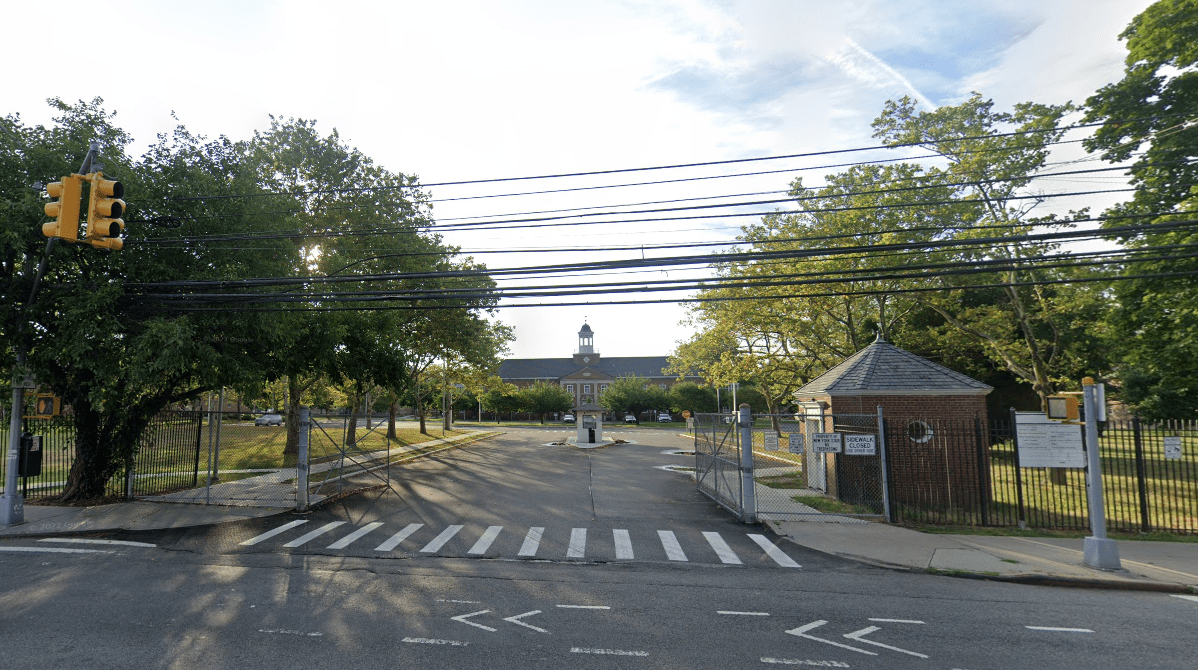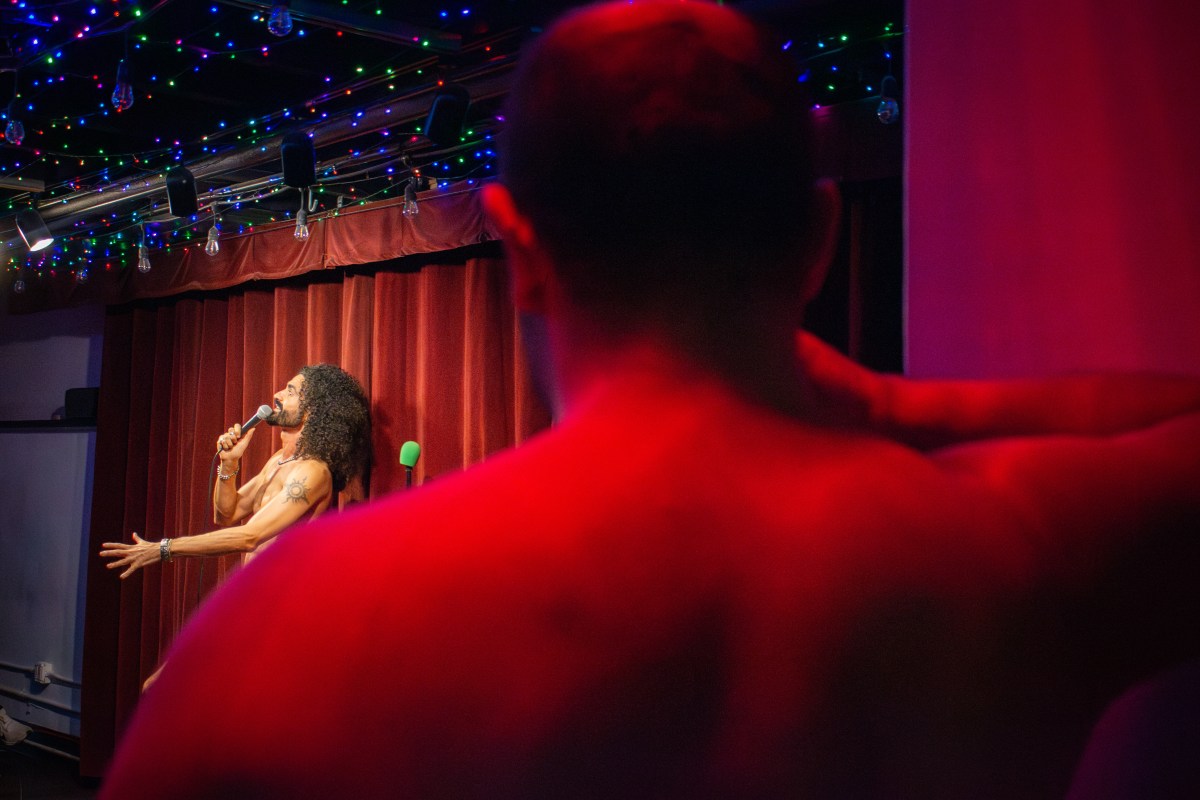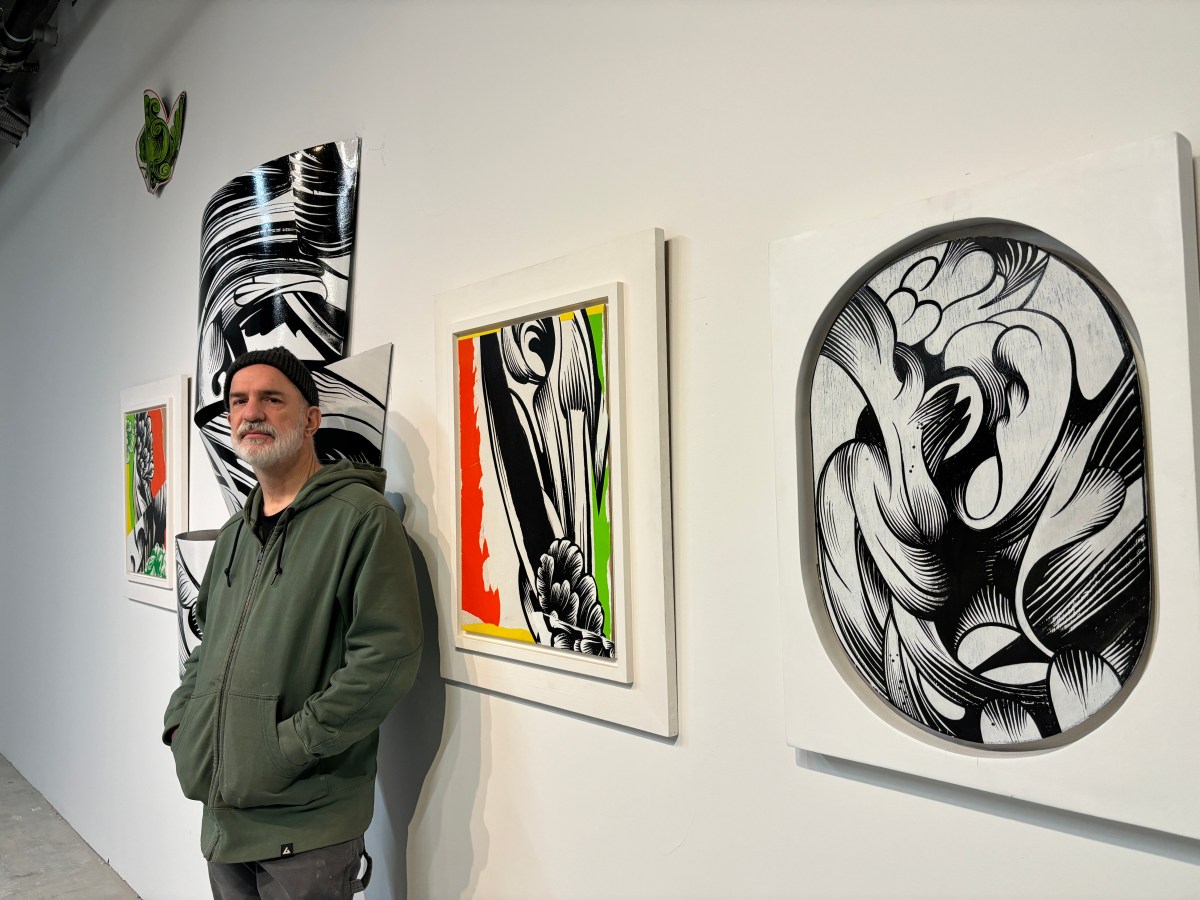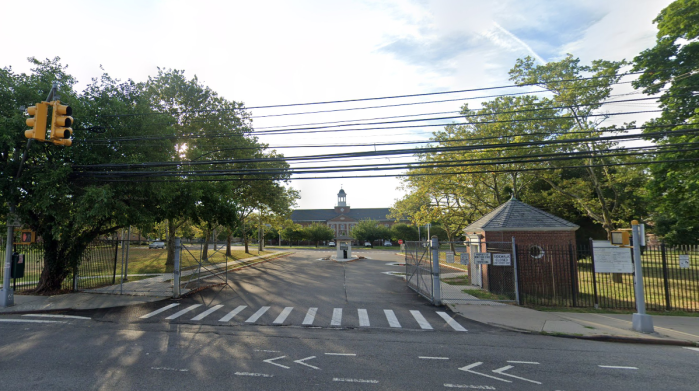It’s been 13 years since Metric released its first album. It’s been even longer since the band’s lead singer Emily Haines and guitarist Jimmy Shaw decided to make music together. In any relationship of that length of time, it would be natural to settle into a rhythm, to be able to anticipate each other’s artistic impulses and reactions and have the songwriting process fall into a comfortable pattern, a sort of assembly line of creation — or, as Haines herself once sang, conjuring “charts of passion and graphs of stars.”
Instead, the band’s sixth full-length album, 2015’s “Pagans in Vegas,” features Shaw on synthesizers much more than guitars and grabbing lead vocals for the first time, and it takes Haines’ voice and lyrics, two of the group’s hallmarks, almost completely away for two closing instrumentals.
amNewYork caught up with Shaw in advance of the band’s show at Hammerstein Ballroom to talk about experiments, freedom and Metric’s New York roots.
“Pagans in Vegas” features a lot of departures from the rest of Metric’s catalog. Why all the changes and experiments?
We didn’t want to make “Fantasies” again. It very much felt like “Synthetica” was a sister record to “Fantasies,” and once we did those two, it felt like trying to make the same record would have been wrong. … We’re on our sixth record. If we can’t do this stuff now, when can we do it? So we end the album with a weird instrumental, two songs after my lead vocals, and there’s no guitars on the first half of the record. And what guitar there is on “Pagans,” it’s acoustic — there’s more acoustic guitar on “Pagans” than on all the other records combined.
To be able to still change things up like that must be freeing.
It’s super freeing. But it’s also freeing to be hanging from the Golden Gate Bridge from a line of tooth floss. It’s freeing but it comes with a fair share of anxiety. … You have no one to blame but yourself. In the world that we inhabit now, the democratization of the world of music that the Internet looked like it was going to provide, it very much didn’t do that, and went in the opposite direction. The tech industry bought the music industry like a side of bacon at brunch, and [music] is owned by the richest companies in the history of the world. There’s very little that you can do as a highly-independent act. We’re not allowed into the compound that is the music industry. We’re locked outside. And that’s cool with us, and if that’s the case then all the more reason to use whatever freedom we have to be the freaks. Us attempting to do anything other than be as weird as we can be would almost be like a waste of the freedom that we built.
The band got its start in New York before eventually making a home back in your native Toronto. Does New York still feel like a hometown show to you?
Yes, absolutely. The band met in New York. Emily and I, as soon as we knew we were going to do anything, we hopped on a Greyhound to New York. Josh and Joules [bassist Winstead and drummer Scott-Key, respectively], as soon as they knew they were going to do anything, hopped on a Greyhound to New York. Our formative time was in New York. Our practical home became Toronto; I have a very deep connection to Toronto, Emily ever so slightly less, and Josh and Joules very much less. But we all have the same relationship with New York. We all moved there with big dreams, which is what that city’s for. We all got our asses handed to us on platters in New York, which is also what that place is for. It turns you into a stronger person.
If you go
Metric performs on March 11 at 8 p.m. at Hammerstein Ballroom, 311 W. 34th St., 212-279-7740, $46-$76.
































